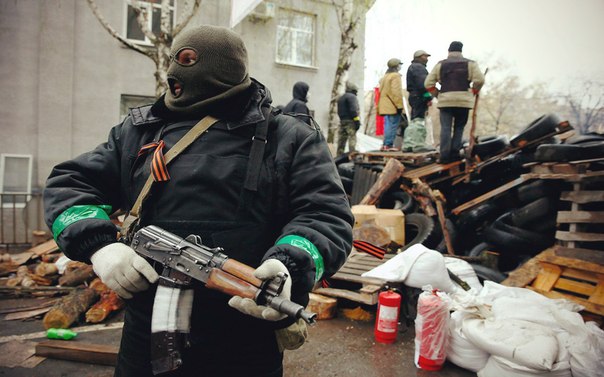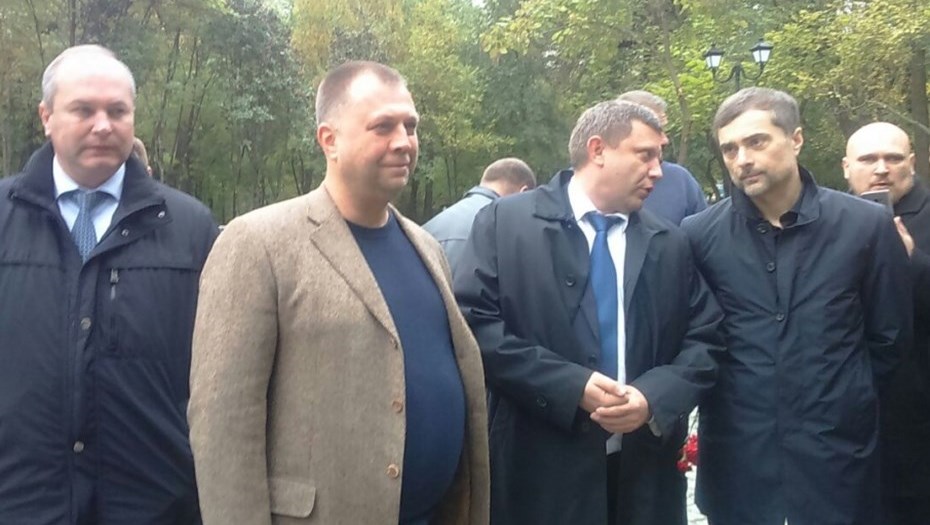The applicant was born in the village of Kostroma Oblast, the Russian Federation, but is a citizen of Ukraine who used to own an apartment in Ukraine’s Luhansk Oblast, now under control of the so-called “Luhansk People’s Republic."
She stated that after the illegal annexation of the Crimean peninsula, the Russian Federation started its second phase of the military aggression against Ukraine in April 2014. During these actions armed gangs of bandits, controlled and financed by Russian special services, declared the creation of “Donetsk People’s Republic” (April 7, 2014) and “Luhansk People’s Republic” (27 April 2014). On 11 May 2014 a referendum on self-identification in the region with a hidden pretext for separatism was held on the occupied territories of Luhansk and Donetsk Oblasts. Neither Ukraine nor the international community have recognized the results of the referendum.
The apartments of the applicant were located on the territory which is officially recognized as temporarily occupied by Russia since 18 March 2015. Thus, armed aggression became a reason why the woman lost her flat and all the material valuables which were inside the apartment.
Moreover, because of the influence of Russian propaganda her friends and acquaintances have stopped communicating with her, so the woman was forced to go into “inner emigration”. She also noted that every day of living under occupation caused her to feel a threat to her life and health due to moral and psychological pressure. It forced her to move to Kyiv in November 2014.
The court ruled that because of the aggression of the Russian Federation on parts of the Luhansk Oblast, several constitutional rights of the applicant which are provided for by the Constitution of Ukraine and the Fourth Geneva Convention have been violated.
“This court decision is important because it established the fact of the Russian Federation’s presence in the zone of the Anti Terrorist Operation and inflictment of corporeal damages to citizens. The court decision took into account all acceptable evidence available in media. In addition, this court decision can be considered a breakthrough in today's legal proceedings in Ukraine, because it applies the provisions of European and international law, which is not typical for the modern Ukrainian judicial system. Specifically, it allows the applicant to receive compensation for the damage caused to her property in the ATO area,” explained the first deputy head of the NGO Human Rights Council of Ukraine [Pravozahisna Rada Ukrayiny] Arsen Marinushkin.
The applicant's representative supported the claim in the court session and requested that it should be granted. The representative of the concerned person of the Russian Federation was properly informed about the date of the proceedings, but did not attend the court hearing.





